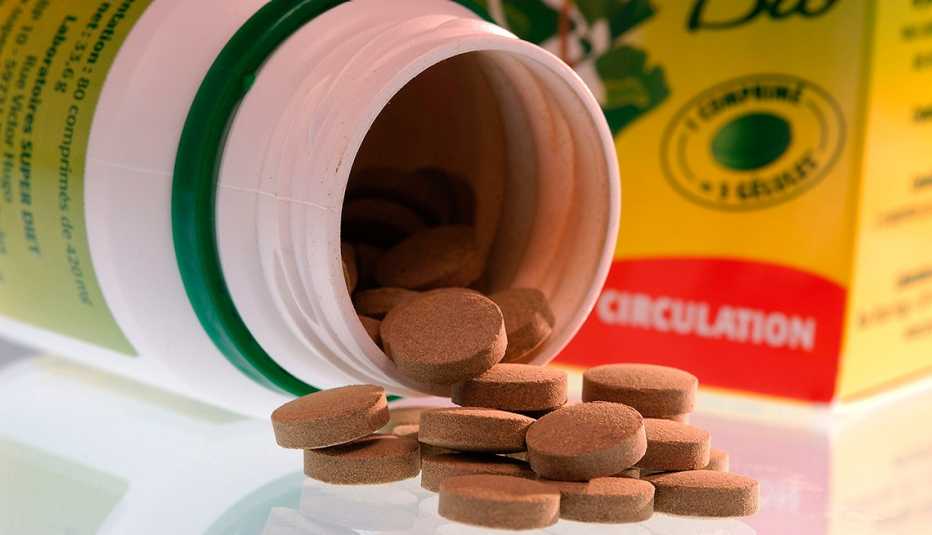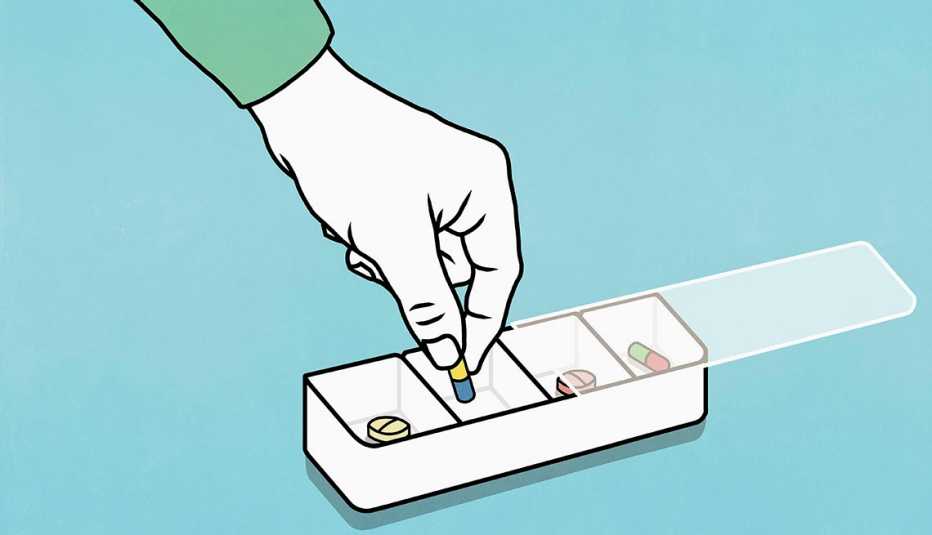AARP Hearing Center
There are lots of things you can do to lower your risk of developing cardiovascular disease or cancer, but taking a beta-carotene supplement isn’t one of them. In fact, doing so could cause more harm than good, according to the U.S. Preventive Services Task Force, an independent panel of experts in disease prevention and evidence-based medicine.
The group’s latest recommendations, which are consistent with its 2014 guidelines, advise against beta-carotene supplementation for the prevention of cancer and cardiovascular disease, the nation’s two leading killers, citing no known benefit and a possible increased risk for lung cancer in some populations, including smokers and people who have been exposed to asbestos.
The task force also found no benefit in using vitamin E for cancer and cardiovascular disease prevention, and says there’s not enough evidence to determine if the benefits of other vitamins and minerals outweigh the harms when it comes to preventing these chronic diseases. It’s important to note that this guidance is for adults who are not pregnant and for people who do not need to take supplements due to an underlying illness or known nutritional deficiency.
More than half of U.S. adults take dietary supplements — mostly to improve or maintain their health, surveys find — and in 2021, Americans spent almost $50 billion on them.
What is beta-carotene?
Beta-carotene is a pigment found in plants — it’s what gives carrots, cantaloupe, sweet potatoes and pumpkins their orange-yellow hues. When you ingest it, the body can convert beta-carotene into vitamin A, which is important for vision, immune function, and growth and development. Vitamin A also supports the heart, lungs and other organs.
Most people are able to get enough vitamin A through their diet — it’s naturally present in many fruits, vegetables, eggs and dairy, and is found in fortified breakfast cereals. Vitamin A deficiency is rare in the U.S., according to the National Institutes of Health.
“And the people that tend to have problems with it have some type of malabsorption syndrome with their gastrointestinal tract,” says Greene Shepherd, a pharmacist and clinical professor at the University of North Carolina Eshelman School of Pharmacy. People with cystic fibrosis are also at increased risk of vitamin A deficiency.
Nevertheless, up to about 40 percent of the U.S. population uses supplements containing vitamin A, and older adults are more likely to take it than their younger peers, research shows.



































































